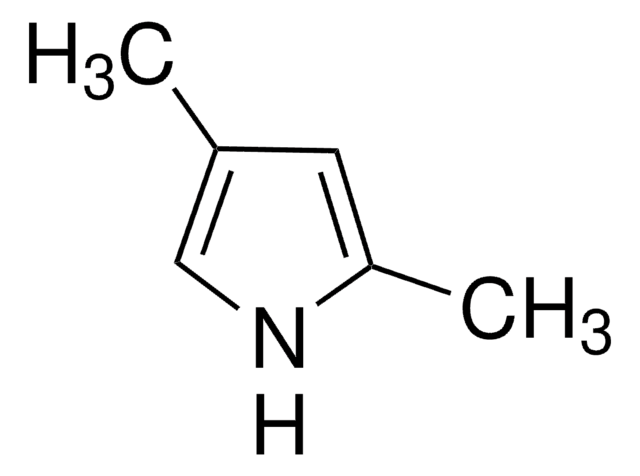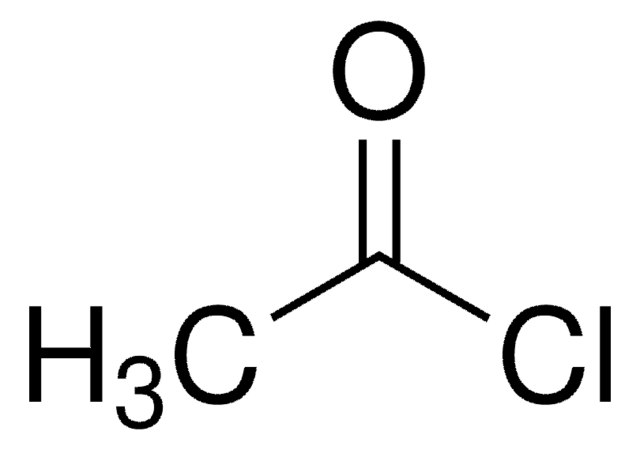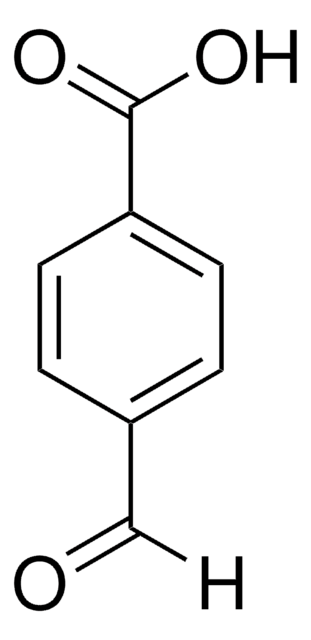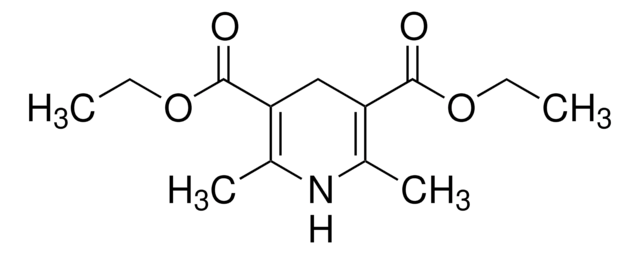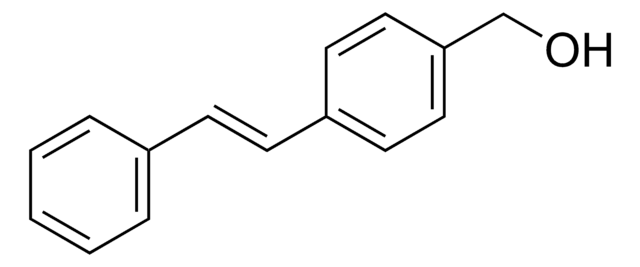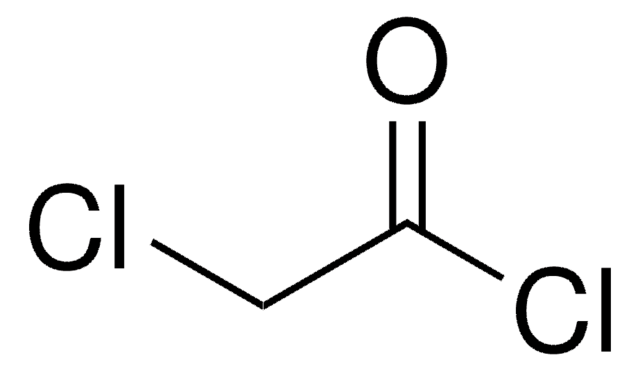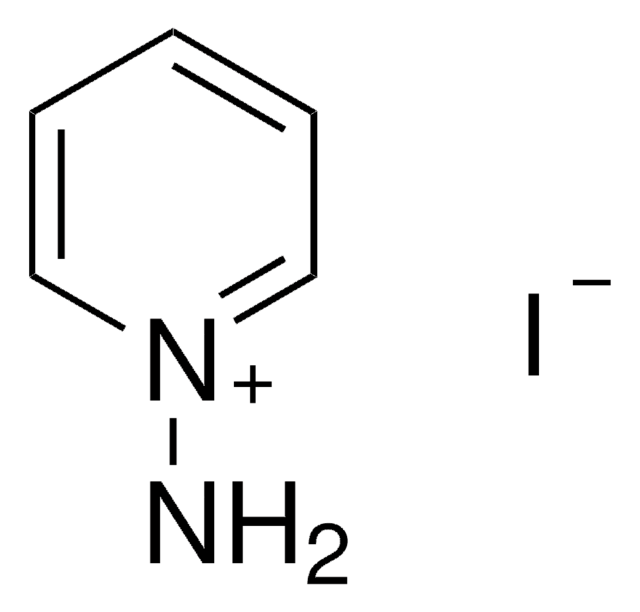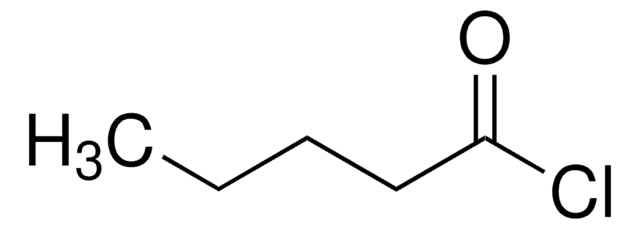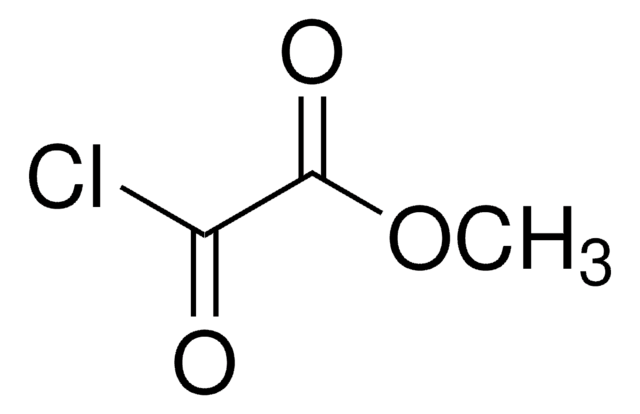302368
Acetoxyacetyl chloride
97%
Synonym(s):
α-Acetoxyacetyl chloride, (Acetyloxy)acetyl chloride, (Chlorocarbonyl)methyl acetate, 2-(Acetyloxy)acetyl chloride, 2-Acetoxyacetyl chloride, 2-Chloro-2-oxoethyl acetate, Acetic acid (chlorocarbonyl)methyl ester, Acetylglycoloyl chloride
About This Item
Recommended Products
Quality Level
Assay
97%
form
liquid
refractive index
n20/D 1.428 (lit.)
bp
55 °C/12 mmHg (lit.)
density
1.27 g/mL at 25 °C (lit.)
functional group
acyl chloride
ester
SMILES string
CC(=O)OCC(Cl)=O
InChI
1S/C4H5ClO3/c1-3(6)8-2-4(5)7/h2H2,1H3
InChI key
HZDNNJABYXNPPV-UHFFFAOYSA-N
Application
Signal Word
Danger
Hazard Statements
Precautionary Statements
Hazard Classifications
Skin Corr. 1B - STOT SE 3
Target Organs
Respiratory system
Supplementary Hazards
Storage Class Code
8A - Combustible corrosive hazardous materials
WGK
WGK 3
Flash Point(F)
159.8 °F - closed cup
Flash Point(C)
71 °C - closed cup
Personal Protective Equipment
Choose from one of the most recent versions:
Already Own This Product?
Find documentation for the products that you have recently purchased in the Document Library.
Customers Also Viewed
Our team of scientists has experience in all areas of research including Life Science, Material Science, Chemical Synthesis, Chromatography, Analytical and many others.
Contact Technical Service